Critical Translations of Clinical Trials
Clinical trials play a crucial role in the development of new medical treatments and drugs, ensuring their safety and efficacy before they reach the market. As these trials become increasingly global, involving diverse populations across multiple countries, accurate translations are essential to ensure compliance, patient safety, and successful trial outcomes.
Ensuring Regulatory Compliance
Each country has its own set of regulations governing clinical trials, and failure to meet these requirements can lead to significant delays or even trial cancellations. Accurate translation of trial protocols, patient consent forms, regulatory submissions, and adverse event reports ensures that all stakeholders comply with local laws and guidelines. Professional translation services help pharmaceutical companies and research institutions navigate complex regulatory landscapes and avoid costly errors.
Enhancing Patient Safety and Understanding
Clear communication with trial participants is essential for ethical and effective clinical research. Patients must fully understand the potential risks, benefits, and procedures involved before providing informed consent. Translations of informed consent documents, patient information leaflets, and questionnaires help eliminate misunderstandings and promote transparency. This not only improves participant confidence but also reduces the risk of non-compliance and dropouts.
Supporting Data Accuracy and Integrity
Clinical trials generate vast amounts of data, including medical records, case report forms, and research findings. Inaccurate translations can compromise data integrity, leading to misinterpretations and flawed conclusions. Professional translation services ensure consistency and accuracy in the translation of medical terminology, helping researchers and regulators make informed decisions based on reliable data.
Facilitating Global Collaboration
International clinical trials involve multiple stakeholders, including researchers, regulatory bodies, sponsors, and healthcare providers. Effective multilingual communication enables seamless collaboration and ensures that all parties have a clear understanding of study protocols, findings, and regulatory requirements. By translating essential documents, clinical trial teams can overcome language barriers and foster efficient knowledge sharing.
Accelerating Drug Approval and Market Entry
A well-executed translation strategy can significantly speed up the drug approval process by ensuring that all required documentation is correctly translated and submitted in a timely manner. This helps pharmaceutical companies bring life-saving treatments to market faster and expand their reach to new patient populations. With accurate translations, companies can avoid delays caused by regulatory rejections and ensure a smooth approval process.
Conclusion
The critical translation of clinical trial documents is vital for regulatory compliance, patient safety, data integrity, and global collaboration. As clinical trials become more complex and geographically widespread, pharmaceutical companies and research organizations must invest in high-quality translation services. By partnering with professional translation providers like Transflow, they can streamline trial operations, reduce risks, and accelerate the delivery of innovative medical treatments to patients worldwide.




